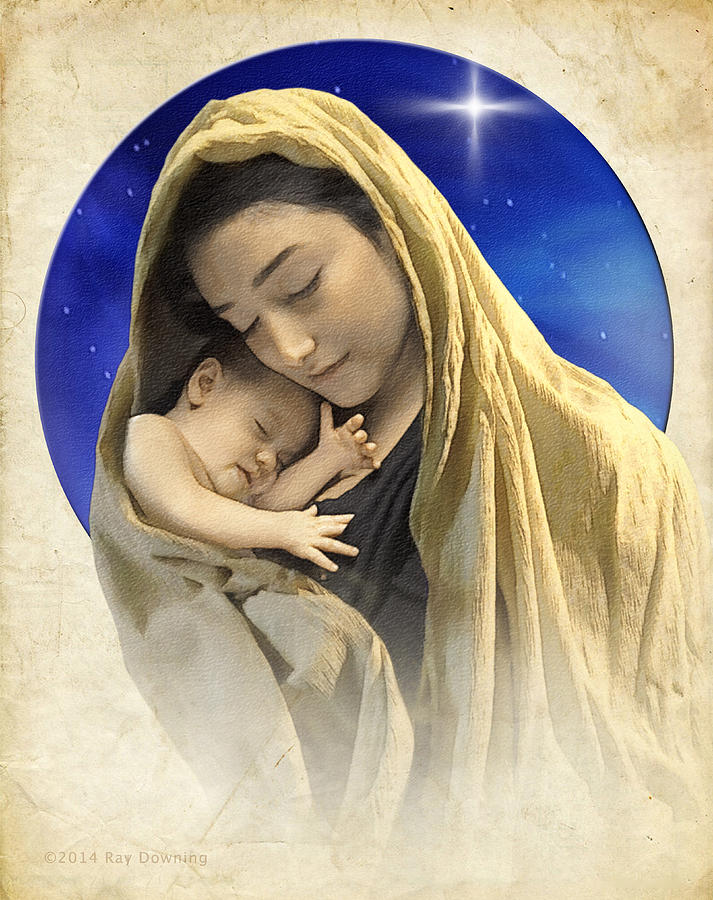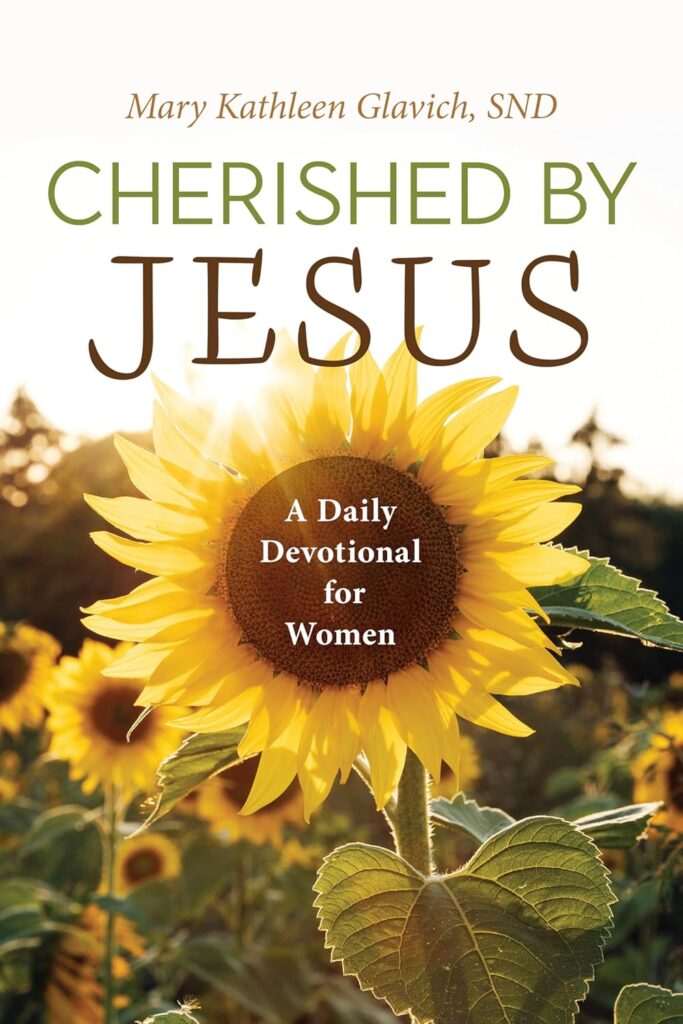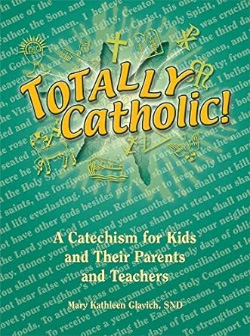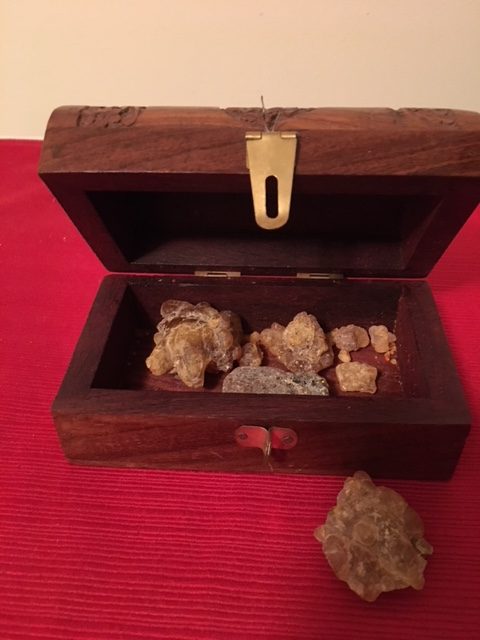
Three Epiphany Gifts from Kings
Visitors from Abu Dhabi once brought me the gift of frankincense from Yemen in a beautiful carved box. It is pictured here. Frankincense, which is the resin of a certain tree, has a strong scent that lingers on your fingers when you touch it.
We’ve just celebrated the feast of the Epiphany, which is also known a “Little Christmas.” It commemorates the visit of the wise men to the infant Jesus, when the Messiah is revealed to Gentiles. As you probably know, the wise men (also known as kings or magi) presented gifts of gold, frankincense, and myrrh. A cartoon states that if women had come, their gifts would have been practical ones, like diapers. Nevertheless, the three gifts of the wise men are symbolic: gold for a king, frankincense for a God, and myrrh for suffering. (Myrrh was a spice used in burial.)
We don’t know how many wise men followed that star to the king of the universe. The number was set on three based on the fact that there were three gifts. Much later, the three kings were given names: Caspar, Melchior, and Balthasar. It’s thought that they were from Persia.
People have theories of what that moving star was. I wonder how the kings could tell the right house since the star obviously was above the whole town. Although the Gospel doesn’t say, I bet when these strange visitors came to the Holy Family’s home, Mary provided refreshments for them.
Epiphany Customs
Christians have the tradition of blessing their houses on the Epiphany. A priest or the head of the house prays and writes above a doorway 20 + C + M + B + 25 with chalk. The digits are the current year. The letters are the initials of the three kings’ names. They also stand for the Latin words for “Christ bless this house.” Crosses join the elements.
Did you know there is a Three Kings Cake and other Epiphany traditions worldwide? The cake has a little figure of the baby Jesus hidden in it. Whoever finds it wins a prize.
An Epiphany Gift from Us
The feast of Epiphany prompts us to muse about what gift we would give Jesus. No doubt you are familiar with the song “The Drummer Boy.” His gift is playing on his drum for Baby Jesus. (Hopefully Mary had not just gotten her baby to fall asleep!) Christina Rossetti composed this charming poem:
What can I give Him, poor as I am?
If I were a shepherd, I would bring a lamb;
If I were a wise man, I would do my part;
Yet what can I give Him?
Give Him my heart.
Christina had the right idea. What would make Jesus the happiest would be the gift of our love. We show him our love by giving him ourselves. We do this each morning in the morning offering prayer: “O Jesus, I offer you my prayers, works, joys, and sufferings of this day….” As a Sister, my night prayer begins, “O Jesus, I offer you again through Mary’s hands all the works of this day.”

At each Mass we offer God ourselves. A priest suggested that we imagine ourselves with the host on the paten when it is lifted to God. One of my favorite prayers is this one of St. Ignatius:
Take, O Lord, and receive my entire liberty,
my memory, my understanding and my whole will.
All that I am and all that I possess, you have given me:
I surrender it all to you to be disposed of according to your will.
Give me only your love and your grace;
with these I will be rich enough and will desire nothing more. Amen.
During the day we can renew our gift: offer God our success at winning a contest, offer our hard work, offer the pain of a headache, the sadness of a rejection, the humiliation of a failure. The list can go on.
Why We Love God
Psalm 116:12 is “What shall I return to the Lord for all his goodness to me?” The day I was interviewed by the superior before entering the convent, she asked, “Why do you want to be a Sister?” I answered somewhat like this: “God has been so good to me, I want to give him all that I am. This seems to be the best way for me to do that.”
Here is another prayer that I adopted in high school. It’s attributed to St. Francis Xavier.
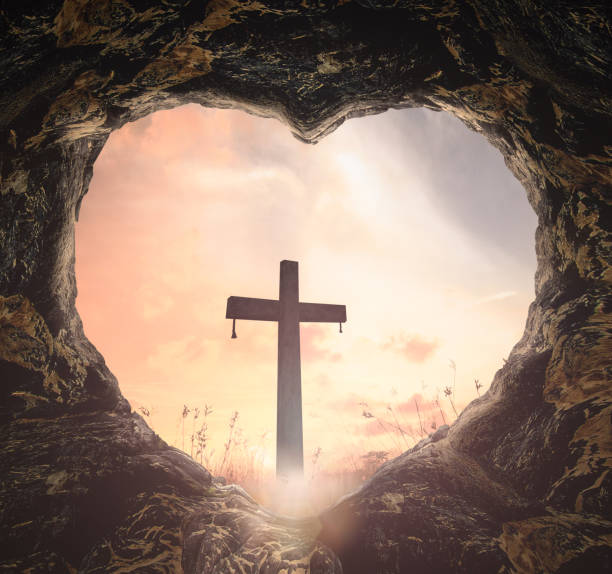
O God, I love thee for yourself
And not that I may heaven gain,
Nor yet that they that love you not
Must suffer hell’s eternal pain.
You, O my Jesus! you did me
Upon the cross embrace.
For me did bear the nails and spear
and manifold disgrace;
And griefs and torments numberless;
And sweat of agony;
E’en death itself—and all for one
Who was your enemy.
Then why, O blessed Jesus Christ,
Should I not love you well:
Not for the sake of winning heaven
Or of escaping hell;
Not with the hope of gaining aught,
Not seeking a reward;
But as you have loved me,
O everloving Lord.
E’en so I love thee and will love,
And in your praise will sing
Solely because you are my God
and my eternal King.
In God’s eyes, the gift of our love is his greatest treasure. (And you needn’t be a Sister to offer that.)
I like this cartoon:
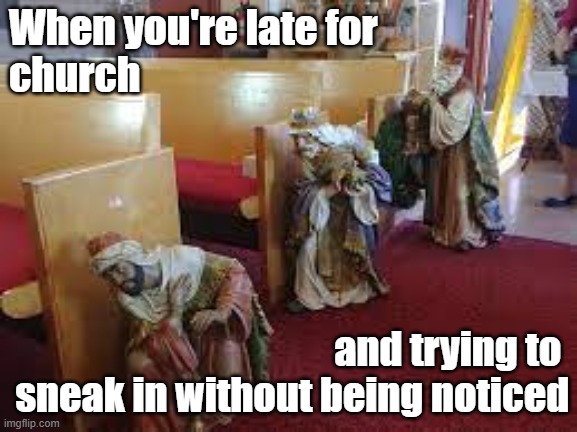
Here is a gentle version of the simple hymn “I Love You, Lord.”
A commercial: You might be moved and inspired by reading my book A Love Affair with God available on Amazon.
• What aspect of the Epiphany touches your heart!


